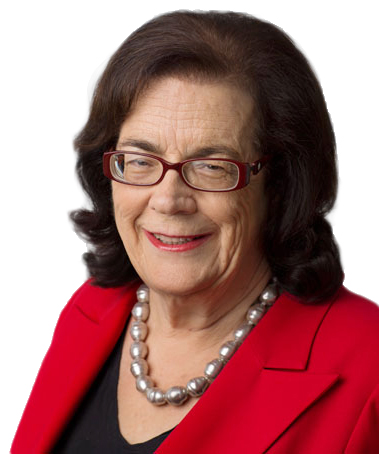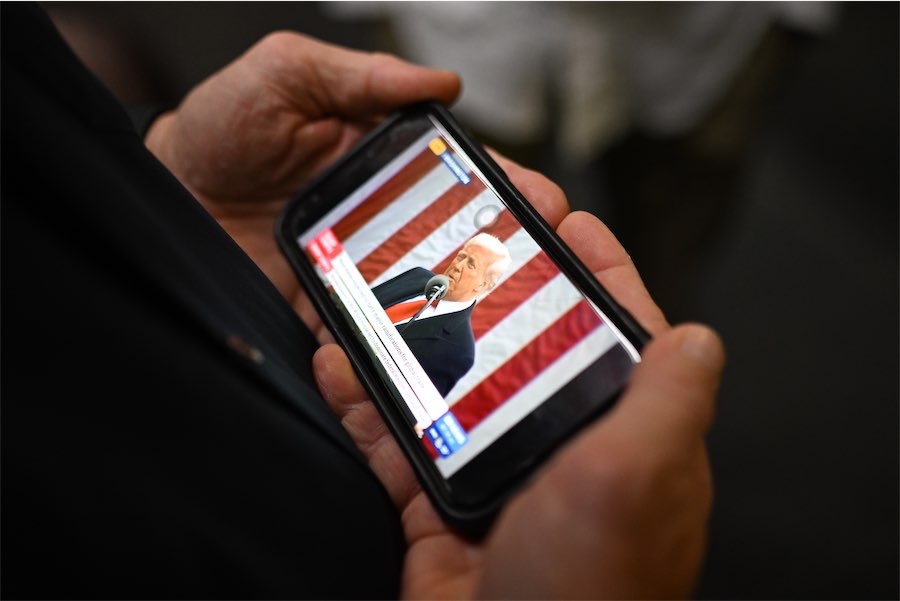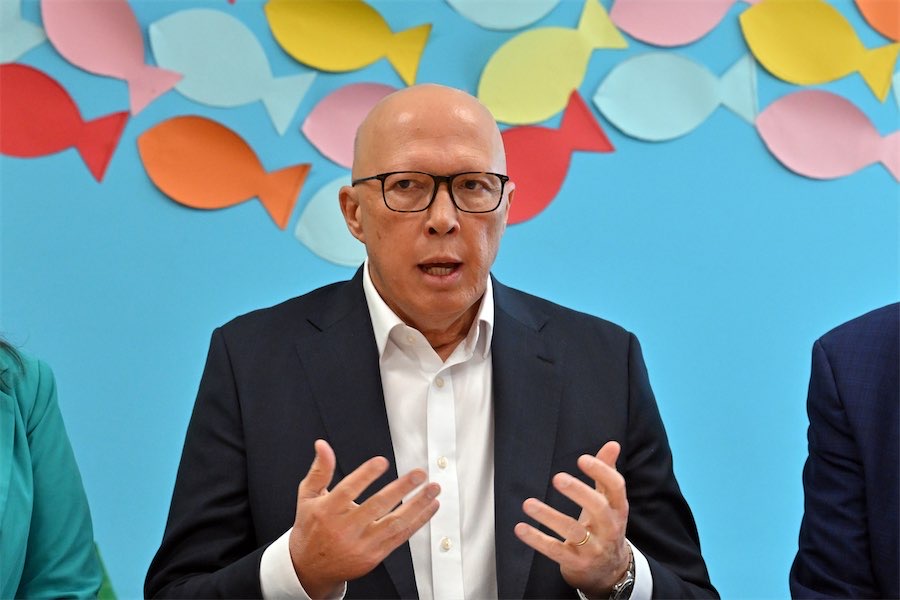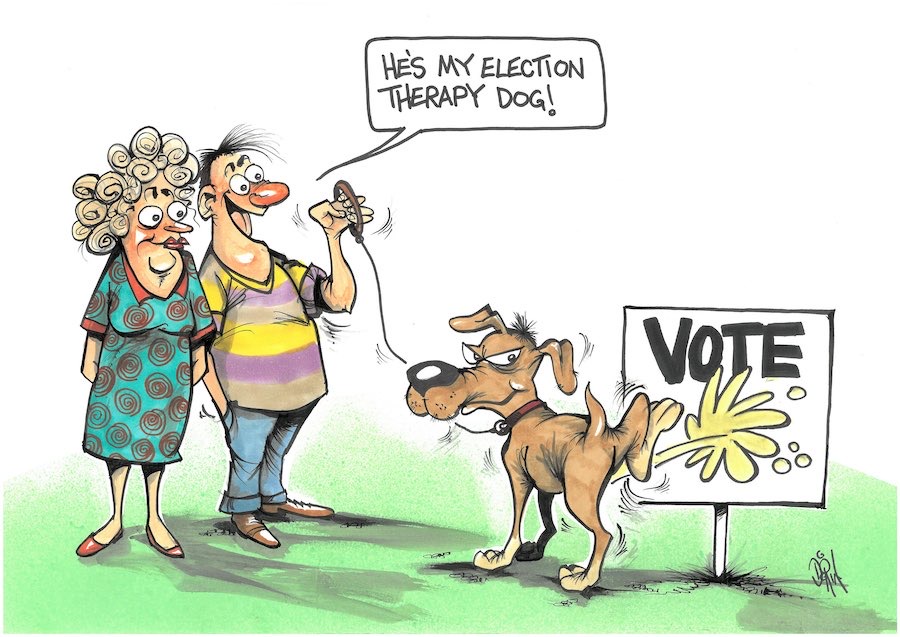Australians go into the referendum divided – can the country emerge united, asks political commentator MICHELLE GRATTAN.
THE stakes in the October 14 referendum are high. For Anthony Albanese, who has made the Voice his great social cause of his first term. For Peter Dutton, who has defied those who say he is on the “wrong side of history”.

For those Aboriginal and Torres Strait Islander people who look to the referendum for affirmation of their special place in our society, as well as giving them a chance for some tangible improvements in their lives and opportunities.
For Australia’s international reputation.
The latest polling has put the “no” side ahead, after a slide over the months in the initial substantial support for the constitutional amendment. History is on the “no” side. Only eight of 44 referendum questions have been carried since federation.
But the result remains open, at the start of this campaign. Both sides accept there is a substantial bloc of uncommitted voters, as well as others, presently nominally in the “yes” or “no” camps, who are “soft” and thus open to persuasion.
Many voters haven’t yet tuned in; this is unsurprising, especially when the cost of living is dominating so many people’s attention.
The strength of support from younger voters, a lot of them still unengaged, will be a crucial factor in the outcome.
Albanese will be prominent in the campaign, but it won’t fill his calendar, according to his office. This is not an election. Indeed in a few days the PM is off overseas, visiting Indonesia and the Philippines ahead of the G20 meeting in India. The government says it wants this campaign to be grassroots-led. Yes23 already has some 28,000 volunteers in the field door-knocking.
If the “no” side won, it would be a significant blow to Albanese. This might not translate into a longer problem for the Labor vote, because the caravan would move on: people would make their judgements on Labor versus the Coalition on other grounds. But the interesting thing would be whether Albanese’s authority among his colleagues would be diminished. Would cabinet ministers become more inclined to question his judgement?
Looking ahead, a re-elected Labor government would have to think twice, or thrice, about going ahead with a referendum for a republic if it couldn’t carry one for the Voice.
Conversely, a win would strengthen even further the PM’s authority. Dutton would take a hit, especially in current and potential “teal” seats – those seats the Liberals need to win back or prevent from falling at the next election. The Voice has already set Liberals against each other – whichever way the vote goes, Dutton will have to rebuild unity.
The government would try to heap as much blame as possible on the opposition in the event of a “no” victory, but the cost to Dutton would probably be overshadowed by the wider fallout. And blame-shifting would involve saying the electorate got it wrong, which is always tricky.
A loss would be devastating for indigenous people, even accepting that not all of them support the “yes” case. It would invite despondency, unleash anger, strengthen the radical activists in the indigenous community, and deeply harm reconciliation. It would be the end of what many saw as a new beginning.
On the other hand, a “yes” result would start another long journey. Most immediately, that would involve putting together the Voice itself, about which the government has only been willing to specify the barest bones. The task wouldn’t be easy, involving fresh consultations with indigenous people and, almost certainly, a good deal of argument.
That would be followed by activity on treaty and truth telling, to which the government is committed under its pledge of support for the Uluru Statement from the Heart as a whole.
In future years, the worth of a successful referendum would be judged, in part, by whether the Voice did in fact contribute to noticeably better outcomes in closing the gap in health, education, housing, employment and other markers of equality, fairness and opportunity.
Would it turn out to be a cohesive, informed, influential body, or fall victim to politics, internal or external? In a decade, would it be seen as a failure or a facilitator?
Other countries mightn’t be hanging out for the referendum result, but it will be noticed internationally – or at least, its defeat would be.
On Monday, Foreign Minister Penny Wong and former foreign minister Julie Bishop campaigned together in Perth for the “yes” case. A sparky pair, these two, in their very different ways.
Bishop, who is now chancellor of the Australian National University, warned: “Australia’s international reputation can be affected by a ‘no’ vote.
“I have no doubt that it would be sending a very negative message about the openness, and the empathy, and the respect and responsibility that the Australian people have for Aboriginal and Torres Strait Islanders,” she said.
The referendum campaign will, unfortunately but inevitably, sharply divide the country. For voters, a crucial question should be, what outcome will leave Australia most united afterwards?![]()
Michelle Grattan, Professorial Fellow, University of Canberra. This article is republished from The Conversation.
Who can be trusted?
In a world of spin and confusion, there’s never been a more important time to support independent journalism in Canberra.
If you trust our work online and want to enforce the power of independent voices, I invite you to make a small contribution.
Every dollar of support is invested back into our journalism to help keep citynews.com.au strong and free.
Thank you,
Ian Meikle, editor








Leave a Reply